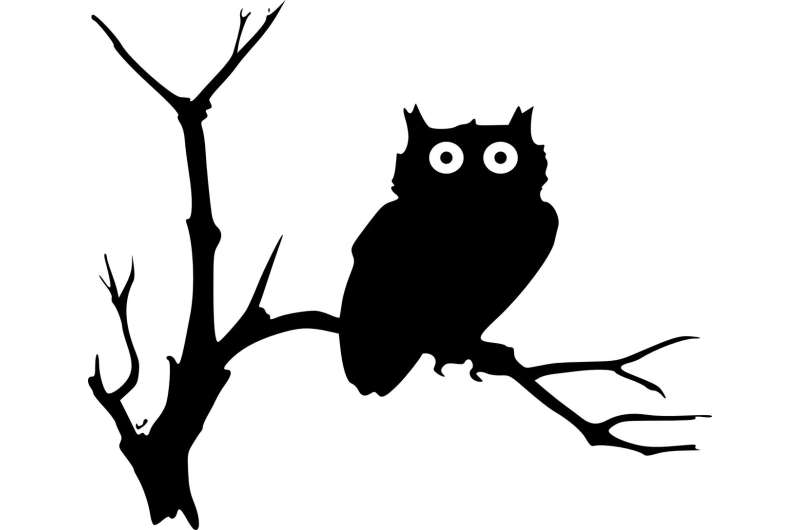
Young people at ultra-high risk of developing psychosis have significantly higher psychotic symptoms if they are an evening person, researchers at Orygen, Australia’s center of excellence in youth mental health, have found.
Their research, published last month in the journal Early Intervention in Psychiatry, investigated the link between sleep disturbance, chronotype—whether the young person was a morning or evening person—and psychotic symptoms.
Orygen’s Dr. Jessica Hartmann, who led the study, said the research involved clinical interviews and self-report assessments of 81 young people aged 12 to 25 years at ultra-high risk of psychosis.
The results showed that young people who were at ultra-high risk of developing psychosis and who were ‘night owls’, had higher negative psychotic symptoms.
“Negative psychotic symptoms can include not showing emotions, being withdrawn and showing a lack of social interaction and motivation,” Dr. Hartmann said. “These symptoms are notoriously difficult to treat.
“In the study we found that higher symptoms were found in young people with sleep disturbances; however, the link between sleep disturbances and mental ill-health is not new,” Dr. Hartmann said. CF
“What is new, is that this is the first time that a study has found a link between chronotype and negative psychotic symptoms.
“Adolescence is the time when we see the onset of psychotic disorders, but it’s also the time when teenagers shift towards staying up later in the evening, they start going to bed later, and seeing their friends later,” Dr. Hartmann said.
“We need to do more research to establish whether shifting to a later stage chronotype in this vulnerable period of development is a potential risk factor for later development of psychotic disorders.”
Dr. Hartmann said early identification of at-risk groups was very important.
“Usually we don’t ask help-seeking young people if they are a morning or evening person, so it would be good to measure this to gauge whether or not they are at an increased risk of developing mental ill-health.”
Early intervention was also important, Dr. Hartmann said.
“There is emerging evidence that we can change a person’s chronotype, so we can try to intervene to shift someone who is a night owl to an earlier period of the day over time, this could also impact on negative psychotic symptoms.”
Dr. Hartmann said because this was the first study of its kind, the next step was to replicate the study.
Source: Read Full Article
